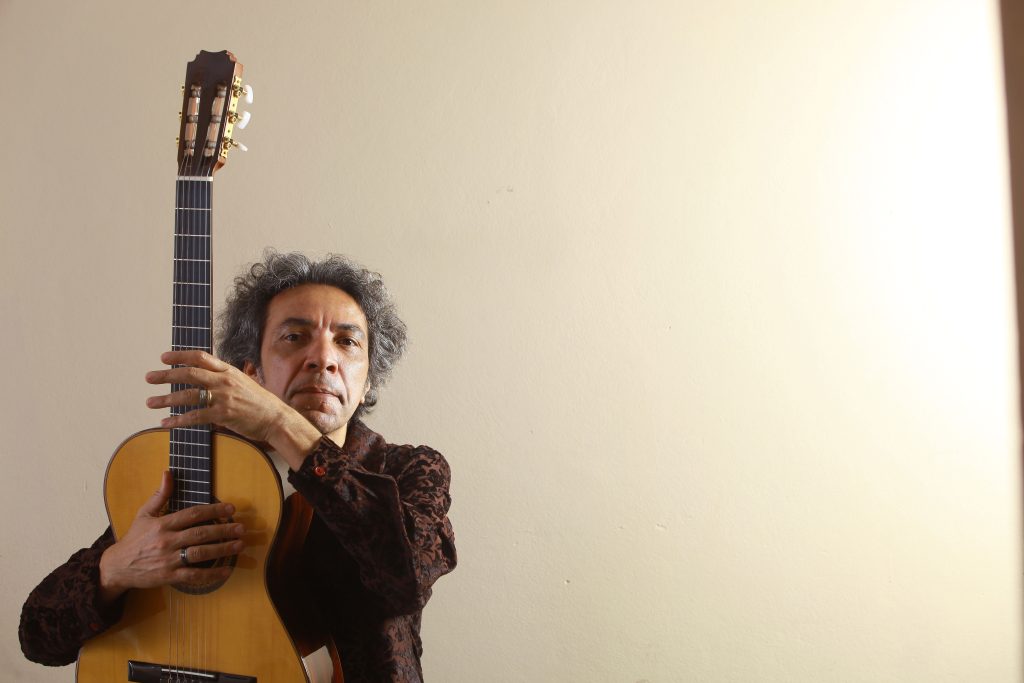Release
Chico Freitas debuts on record with the album “Pelas Canções”
Brazilian singer and songwriter Chico Freitas, born in Osasco, in the state of São Paulo, debuts on record with the album “Pelas Canções”. The work has eleven tracks influenced by the harmonies of Bossa Nova, Clube da Esquina and a narrative close to that of tropicalistas. For the artist, these three artistic views are still highly valued in Brazilian music.
“As I was composing and producing the songs, part of them sounded like the arrangements by Clube da Esquina and another part like bossa nova,” explains the singer and composer. In addition to the fusion of chords of these two styles, the album brings other genres such as samba, romantic ballads, among others.
“Pela Canções” is the main song on the album. Its initial chords resemble bossa nova, but they change to a marcha-rancho, a typically Brazilian rhythm. The verses propose a metalanguage as they talk about the song in the song and state that the character of the lyrics is more than the inspiration: it is the song itself, which moves and is present at all times of the day. In this track, the musician integrated his humming efficiently, using it as another melodic line. The album has three narrative strands: religiosity, romantic ballads, and existential issues.
Three songs refer to religiosity. “Cidade Baixa” has a guitar beat that tries to reproduce the calm rhythm of the waves on the beach. The lyrics of this bossa nova narrate a stroll through the city of Salvador (BA). Rather, the samba “Guia” was composed in honor of the rituals performed by his paternal grandfather and his uncle who were the leaders in the Umbanda temples they belong to, a Brazilian religion that synthesizes elements of African, indigenous, and Christian traditions. In turn, “Quebra-Mar” brings another maritime reference through the fluid strumming of the guitar strings. This song narrates the misadventures of his grandfather who used to dive in order to fish on the coast of the state of Alagoas (in the northeast of Brazil).
Besides the lead song in the album, which is among the romantic songs, there are the tracks “Tarde”, which got a guitar counterpoint by musician Michel Faria, “Nossa História”, written with juxtaposed verses and dedicated to Patricia Franzoso, Freitas’ wife, in which a guitar arpeggio (strumming on the chords notes) stands out; “Atmosfera Vazia” and “Quase-infinito” whose lyrics portray interrupted relationships.
On existential issues, Freitas composed “Depois”, which exposes the finitude of the human being. “Capital” is a waltz that expresses a darker mood in comparison to the other songs. The track, without introduction, has as its theme the loneliness in the metropolises. “Viagem” ends the album as a circular song that can be repeatedly sung.


